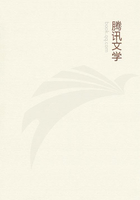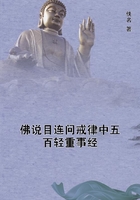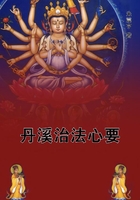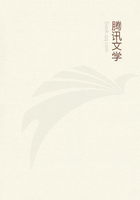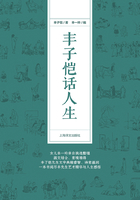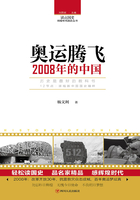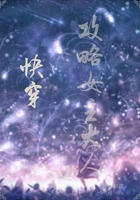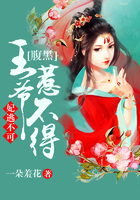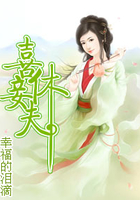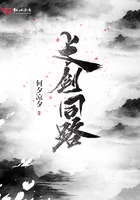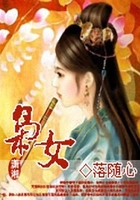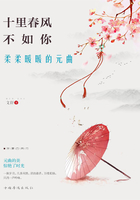THE DISASTERS OF MRS. VAN BRANDT
A MAN who passes his evening as I had passed mine, may go to bed afterward if he has nothing better to do. But he must not rank among the number of his reasonable anticipations the expectation of getting a night's rest. The morning was well advanced, and the hotel was astir, before I at last closed my eyes in slumber. When I awoke, my watch informed me that it was close on noon. I rang the bell. My servant appeared with a letter in his hand. It had been left for me, three hours since, by a lady who had driven to the hotel door in a carriage, and had then driven away again. The man had found me sleeping when he entered my bed-chamber, and, having received no orders to wake me overnight, had left the letter on the sitting-room table until he heard my bell. Easily guessing who my correspondent was, I opened the letter. An inclosure fell out of it--to which, for the moment, I paid no attention. I turned eagerly to the first lines. They announced that the writer had escaped me for the second time: early that morning she had left Edinburgh. The paper inclosed proved to be my letter of introduction to the dressmaker returned to me. I was more than angry with her--I felt her second flight from me as a downright outrage. In five minutes I had hurried on my clothes and was on my way to the inn in the Canongate as fast as a horse could draw me. The servants could give me no information. Her escape had been effected without their knowledge. The landlady, to whom I next addressed myself, deliberately declined to assist me in any way whatever.
"I have given the lady my promise," said this obstinate person, "to answer not one word to any question that you may ask me about her. In my belief, she is acting as becomes an honest woman in removing herself from any further communication with you. I saw you through the keyhole last night, sir. I wish you good-morning." Returning to my hotel, I left no attempt to discover her untried. I traced the coachman who had driven her. He had set her down at a shop, and had then been dismissed. I questioned the shop-keeper. He remembered that he had sold some articles of linen to a lady with her veil down and a traveling-bag in her hand, and he remembered no more. I circulated a description of her in the different coach offices. Three "elegant young ladies, with their veils down, and with traveling-bags in their hands," answered to the description; and which of the three was the fugitive of whom I was in search, it was impossible to discover. In the days of railways and electric telegraphs I might have succeeded in tracing her. In the days of which I am now writing, she set investigation at defiance. I read and reread her letter, on the chance that some slip of the pen might furnish the clew which I had failed to find in any other way. Here is the narrative that she addressed to me, copied from the original, word for word:
"DEAR SIR--Forgive me for leaving you again as I left you in Perthshire. After what took place last night, I have no other choice (knowing my own weakness, and the influence that you seem to have over me) than to thank you gratefully for your kindness, and to bid you farewell. My sad position must be my excuse for separating myself from you in this rude manner, and for venturing to send you back your letter of introduction. If I use the letter, I only offer you a means of communicating with me. For your sake, as well as for mine, this mu st not be. I must never give you a second opportunity of saying that you love me; I must go away, leaving no trace behind by which you can possibly discover me.
"But I cannot forget that I owe my poor life to your compassion and your courage. You, who saved me, have a right to know what the provocation was that drove me to drowning myself, and what my situation is, now that I am (thanks to you) still a living woman. You shall hear my sad story, sir; and I will try to tell it as briefly as possible.
"I was married, not very long since, to a Dutch gentleman, whose name is Van Brandt. Please excuse my entering into family particulars. I have endeavored to write and tell you about my dear lost father and my old home. But the tears come into my eyes when I think of my happy past life. I really cannot see the lines as I try to write them.
"Let me, then, only say that Mr. Van Brandt was well recommended to my good father before I married. I have only now discovered that he obtained these recommendations from his friends under a false pretense, which it is needless to trouble you by mentioning in detail. Ignorant of what he had done, I lived with him happily. I cannot truly declare that he was the object of my first love, but he was the one person in the world whom I had to look up to after my father's death. I esteemed him and respected him, and, if I may say so without vanity, I did indeed make him a good wife.
"So the time went on, sir, prosperously enough, until the evening came when you and I met on the bridge.
"I was out alone in our garden, trimming the shrubs, when the maid-servant came and told me there was a foreign lady in a carriage at the door who desired to say a word to Mrs. Van Brandt. I sent the maid on before to show her into the sitting-room, and I followed to receive my visitor as soon as I had made myself tidy. She was a dreadful woman, with a flushed, fiery face and impudent, bright eyes. 'Are you Mrs. Van Brandt?' she said. I answered, 'Yes.' 'Are you really married to him?' she asked me. That question (naturally enough, I think) upset my temper. I said, 'How dare you doubt it?' She laughed in my face.
'Send for Van Brandt,' she said. I went out into the passage and called him down from the room upstairs in which he was writing.

